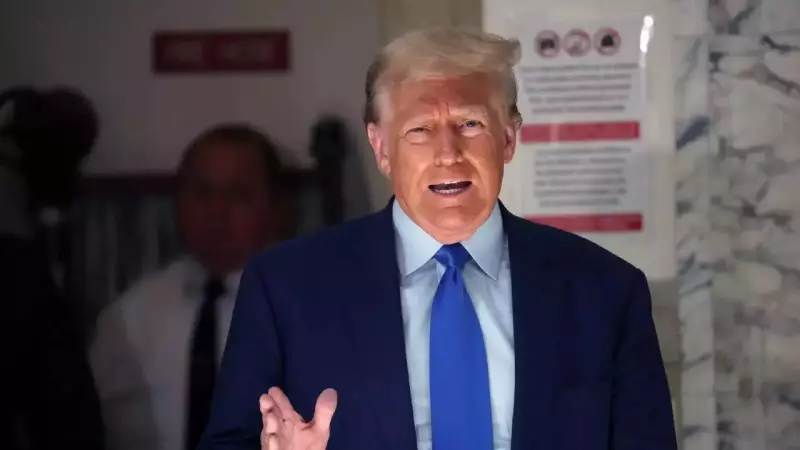
In a significant move that promises relief for global exporters and American consumers alike, US President Donald Trump has announced a substantial reduction in import duties on nearly 200 food, farm, and agricultural items. The decision comes amid growing domestic pressure over rising prices and cost of living concerns in the United States.
Indian Exporters Among Key Beneficiaries
While Brazilian coffee, Argentine beef, and Latin American fruits dominated headlines following the tariff rollback, Indian exporters of spices, tea, and certain nuts stand to gain substantially from the policy shift. The comprehensive list, informally dubbed the "TACO" list by critics, includes black pepper, cloves, cumin, cardamom, turmeric, ginger, various teas, mango derivatives, and cashew nuts - all significant export commodities for India.
The timing couldn't be more crucial for Indian exporters, who have been grappling with a 37% decline in overall US exports since the imposition of punitive tariffs. According to trade data, Indian spice exports to the US were valued at over $500 million in 2024, while American imports of Indian tea reached approximately $90 million during the same period.
Cashew Nuts Get Much-Needed Break
The cashew industry emerges as another significant beneficiary of the tariff reduction. The United States imported $843 million worth of fresh or dried cashew nuts from global sources, with India contributing approximately 20% of these imports. The duty reduction is expected to enhance the competitiveness of Indian cashews in the American market.
However, the tariff relief has its limitations. Several high-value Indian exports, including seafood products like shrimp and basmati rice, remain excluded from the duty reduction. These commodities represent multi-billion dollar export segments for India to the United States.
Broader Trade Context and Political Implications
The executive order signed by President Trump on Friday comes against the backdrop of persistent 50% tariffs on most Indian goods, initially imposed in August 2025 as a response to India's continued purchases of Russian oil. These broader trade restrictions remain in effect, continuing to challenge other sectors of Indian exports.
The tariff rollback decision appears driven by domestic political considerations, with voter dissatisfaction over cost of living issues contributing to recent Republican losses in by-elections. Democrats had effectively campaigned on an "affordability" platform, putting pressure on the administration to address rising consumer prices.
In addition to the tariff reductions, President Trump has proposed using tariff revenue to issue $2,000 rebate checks to American citizens and has initiated an investigation into the meat packing industry following complaints about high prices.
Trade associations and economic commentators in the US have welcomed the President's decision, though the move contrasts with Trump's continued insistence that his tariff policies haven't contributed to increased living costs. The policy shift represents a pragmatic response to economic realities while maintaining leverage in ongoing trade negotiations with key partners like India.






